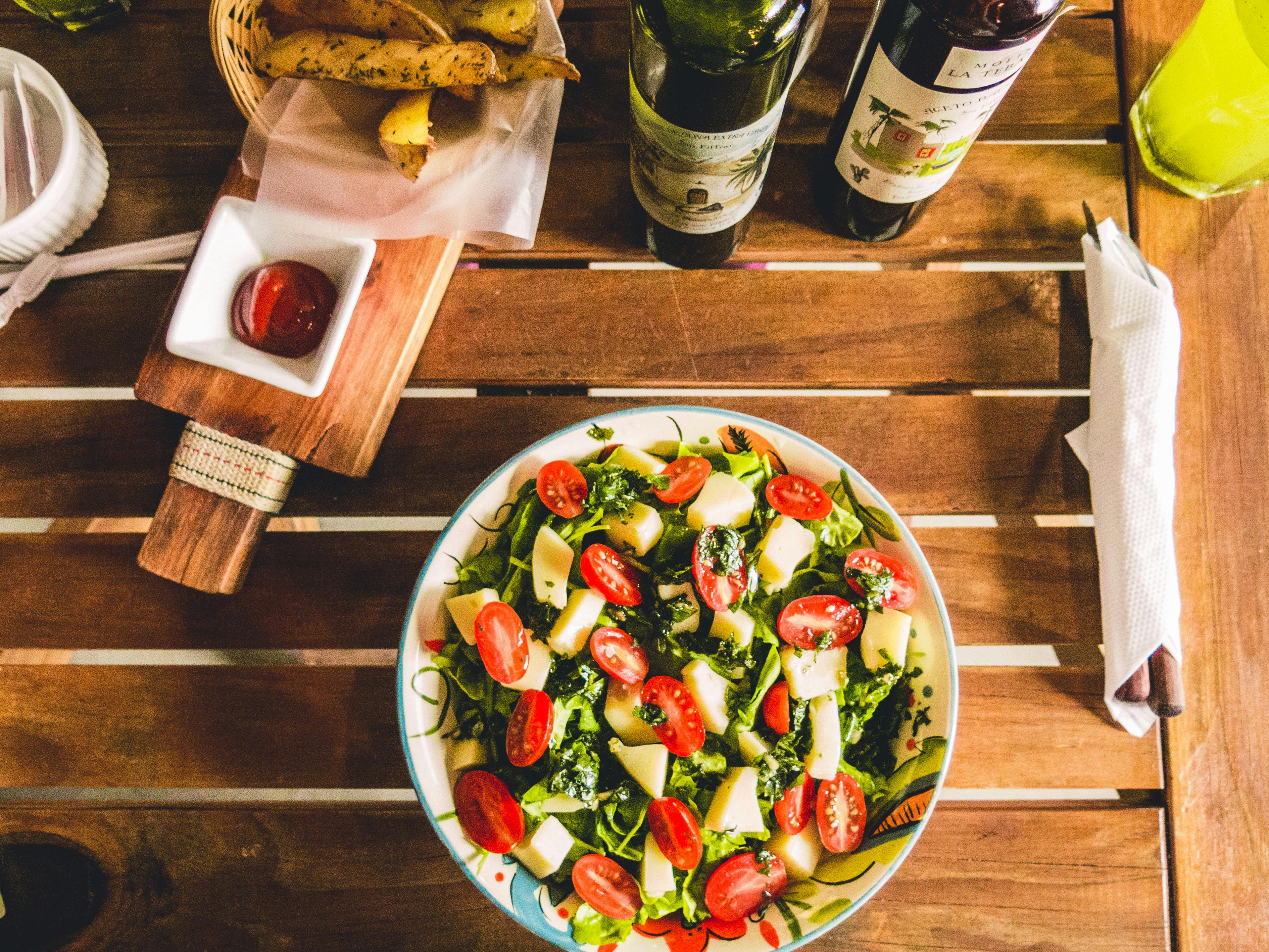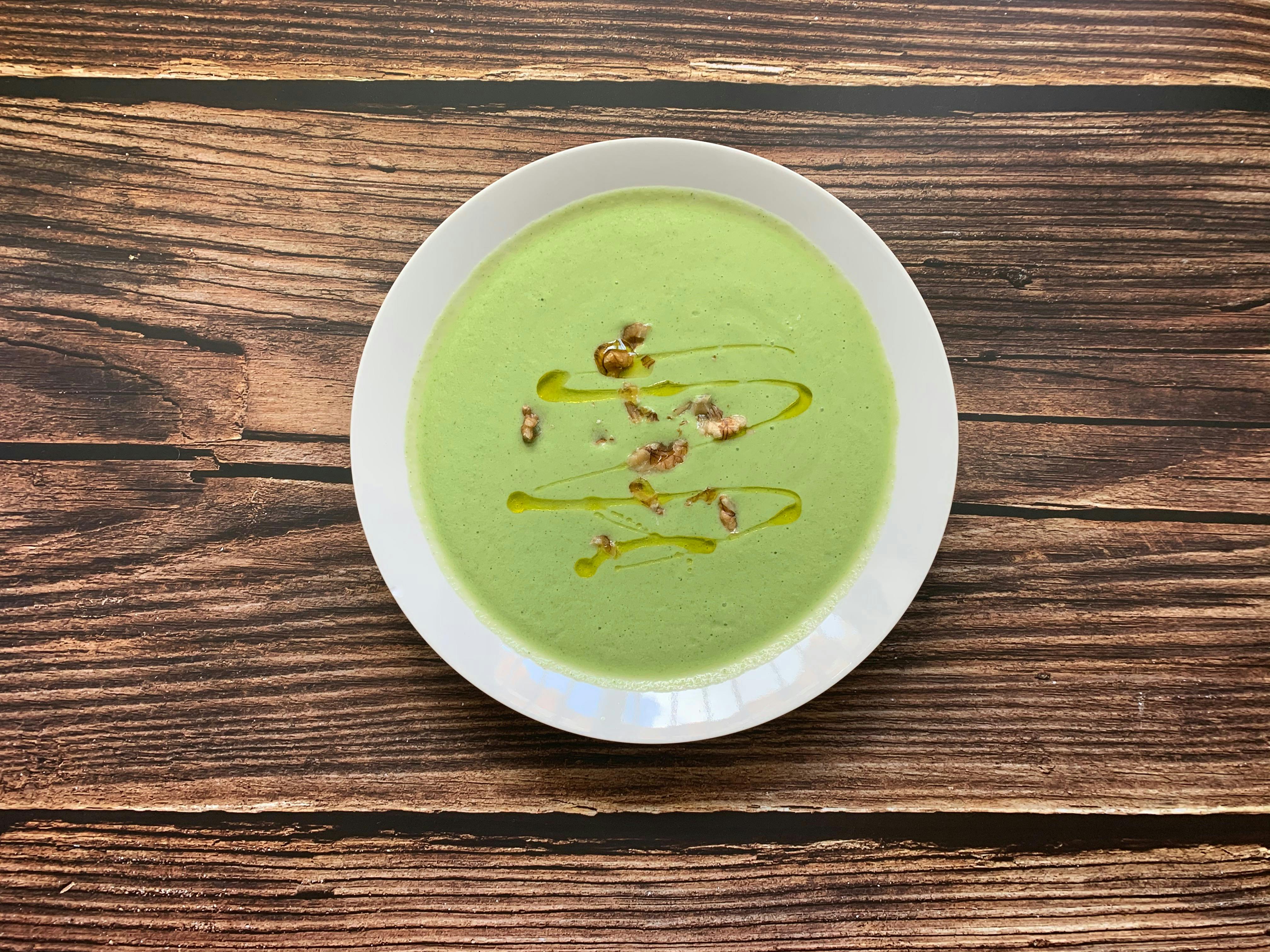Olive oil is a popular and versatile cooking oil that is derived from olives. Many people enjoy using it to flavor their dishes, and it has even been used for centuries as a health tonic. But can babies eat olive oil? While the answer isn’t clear-cut, research suggests that adding small amounts of olive oil to your baby’s diet could provide some health benefits. In this article, we will discuss the potential risks and benefits of giving your baby olive oil and provide some tips on how to safely include it in their diet.Olive oil is a liquid fat obtained from olives, a traditional tree crop of the Mediterranean Basin. It is commonly used in cooking, for frying foods or as a salad dressing. It is also used in cosmetics, pharmaceuticals, and soaps, and as a fuel for traditional oil lamps.
Is Olive Oil Safe For Babies?
Olive oil is a very popular cooking oil and is often used in many diets. It has been used for centuries in traditional Mediterranean cuisine, and its health benefits are well-known. But when it comes to babies, is olive oil safe to use?
The short answer is yes, olive oil can be used for babies – but in moderation. It has many beneficial properties that can help support a baby’s development and growth. Olive oil contains healthy fats such as monounsaturated fatty acids (MUFAs) which are essential for the formation of healthy cells in the body. In addition, it also contains a range of vitamins and minerals which are beneficial for babies, such as Vitamin E and Vitamin K.
It’s important to note that while olive oil is generally safe for babies, it should not be overused or consumed in large amounts. Too much olive oil can lead to an imbalance of essential nutrients in the body which can cause digestive issues or other health problems. It’s best to use only small amounts of olive oil when cooking for a baby or adding it to their meals.
In addition, it’s important to buy only pure, cold-pressed extra virgin olive oils when using it with babies. This type of olive oil contains fewer contaminants which makes them safer for consumption than other types of oils. It’s also important to look out for any signs of allergies or adverse reactions your baby may have when consuming olive oil – if you notice any symptoms such as rashes or vomiting you should stop using the product immediately and consult your doctor.
Overall, olive oil can be safely used with babies as long as you use it in moderation and make sure you buy a high quality product that is free from contaminants.
Can Newborns Eat Olive Oil?
Olive oil is a healthy fat that can be beneficial for adults, but can newborns eat olive oil? The answer is yes, but with caution. Olive oil is not recommended for babies under 6 months of age because of the risk of choking. Babies under 6 months should have only breast milk or formula as their main source of nutrition.
However, if you decide to give your baby olive oil, it’s important to do so with caution. Only use extra virgin olive oil that has been cold pressed and organic, as this will have the highest nutritional value and lowest amount of impurities. It’s also important to never give infants more than 1 teaspoon per day.
When introducing olive oil into your baby’s diet, start slowly and watch for any signs of an allergic reaction. If your baby has an adverse reaction to the olive oil, consult a doctor immediately and discontinue use. Some common signs of an allergic reaction include hives or rashes on the skin, swelling in the face or throat, difficulty breathing or wheezing, vomiting or diarrhea.
It’s also important to remember that any kind of oil should not be used as a substitute for breast milk or formula in a baby’s diet. Breast milk and formula are essential for providing newborns with all the nutrients they need in order to grow and develop healthily. Olive oil should only be given as a supplement when appropriate and with caution.
In conclusion, it is possible for newborns to eat olive oil if it is done so with caution and appropriate supervision from parents and guardians. However, it is important to remember that breast milk and formula are the best sources of nutrition for babies under six months old.

Extra Virgin Olive Oil Safe For Babies?
Extra Virgin Olive Oil (EVOO) is considered one of the healthiest cooking oils available, and is widely used in Mediterranean cuisine. But is it safe for babies to consume? The answer to this question depends on a few factors, but generally speaking, EVOO can be consumed by babies in moderation.
EVOO is an excellent source of healthy monounsaturated fats, which can help lower cholesterol levels and reduce the risk of heart disease. It’s also rich in vitamins E and K, as well as essential fatty acids like oleic acid. These nutrients are important for a baby’s growth and development.
However, it’s important to remember that EVOO has a higher smoke point than other oils, so it should not be used for deep-frying or high-heat cooking. When using EVOO with babies, it’s best to use it in dressings or lightly sautéed dishes rather than fried foods.
In addition, babies should not consume too much olive oil at once as it can cause digestive upset. Therefore, when introducing EVOO to your baby’s diet, start by adding just a teaspoon per day and increase gradually over time if needed.
Overall, EVOO can be a safe and healthy addition to your baby’s diet when consumed in moderation. Just make sure you’re using the right cooking techniques and not going overboard with the amount of olive oil you’re using at any given time.
Is Pure Olive Oil Safe For Babies?
Pure olive oil is considered a safe and healthy option for babies. It is packed with essential fatty acids and vitamins that are beneficial for their growing bodies. The oil is also known to be gentle on skin, making it a popular choice among parents for use in baby massage or as a moisturizer.
When using pure olive oil on a baby’s skin or in recipes, it is important to make sure you are using a product that is specifically labeled as “pure” or “extra virgin,” as these have the highest quality and lowest acidity. This will help ensure the oil is free of any additives or preservatives that could be harmful to your baby.
It’s also important to keep in mind that pure olive oil can go rancid quickly, so it should be stored properly and used within six months of opening. When choosing an olive oil for your baby, look for one that has been cold-pressed and certified organic, which means it has undergone fewer processing steps and contains fewer contaminants.
If you’re planning to cook with olive oil for your baby, there are many recipes available online that are designed specifically for babies. Be sure to opt for those recipes that use only extra virgin olive oil, as this has the highest nutrient content and least amount of acidity.
Overall, pure olive oil can be an excellent addition to your baby’s diet due to its many nutritional benefits. Just be sure you’re choosing the right type of olive oil and storing it properly so you can reap all its health benefits without any risks.
What Are the Risks of Feeding Babies Olive Oil?
Feeding babies olive oil has some risks that parents should be aware of. While olive oil is a healthy fat that can be beneficial for overall health, it also contains a high level of monounsaturated fatty acids, which can be difficult for a baby’s immature digestive system to process. Additionally, olive oil can cause gas and bloating in babies when consumed in large amounts.
In some cases, feeding babies olive oil may cause an allergic reaction, such as hives or itching. If your baby experiences any of these symptoms after consuming olive oil, contact your pediatrician immediately. It is also important to note that extra-virgin olive oil has a higher level of polyphenols than regular olive oils, which can lead to gastrointestinal upset in some babies.
Finally, extra-virgin olive oil has a strong flavor and smell that some babies may not find appealing. If your baby does not like the taste of it or refuses to eat it, try adding it to food or mixing it with other ingredients such as mashed potatoes or yogurt to make it more palatable.
Overall, while there are some risks associated with feeding babies olive oil, it can still be beneficial when consumed in moderation and with caution. Speak with your pediatrician about the best way to incorporate this healthy fat into your baby’s diet.

Conclusion
Olive oil is an excellent choice for babies, as it is a healthy and nutritious source of fat. It can be used to add flavor to food, as well as a moisturizer for skin. It can also help with constipation and aid in digestion. It should always be given in moderation, as too much olive oil can lead to weight gain or other issues. When introducing olive oil to your baby’s diet, always start with a small amount and see how your baby reacts before increasing the dosage.
Overall, olive oil is a safe and healthy choice for babies when given in moderation. As long as parents are mindful of their baby’s individual needs and reactions, it can be an enjoyable addition to their diet that offers many health benefits.




